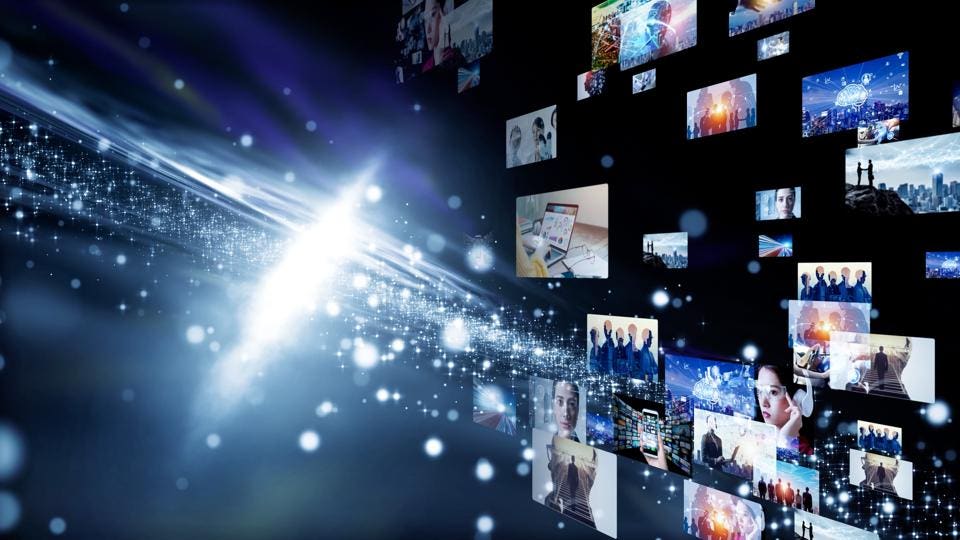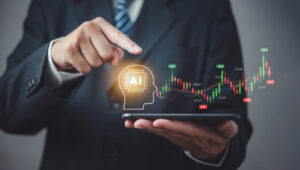In recent years, the rapid advancement of artificial intelligence (AI) has sparked a significant debate: Can AI replace video editors? As technology continues to evolve, this question becomes increasingly relevant for digital creators, filmmakers, and content producers. In this article, we will explore the capabilities of AI in the realm of video editing, its benefits, limitations, and the potential future of the industry.

The Rise of AI in Video Editing
Artificial Intelligence has made remarkable strides in various fields, and video editing is no exception. AI-powered tools and software have emerged, offering innovative solutions to streamline the editing process. According to a report by Filestage, AI tools are becoming increasingly popular in creative industries. But what does this mean for video editors?
AI’s Role in Video Editing
AI’s primary role in video editing is to automate repetitive tasks, enhance efficiency, and improve overall quality. AI algorithms can analyze footage, identify key moments, and even suggest edits. This level of automation can significantly reduce the time required for editing projects, allowing editors to focus on more creative aspects.
Benefits of AI in Video Editing
AI brings several advantages to the table. Firstly, it can handle large volumes of data quickly and accurately. This is particularly beneficial for projects with extensive footage, such as documentaries or feature films. Additionally, AI can enhance video quality by automatically adjusting colors, stabilizing shaky footage, and improving audio clarity.
Limitations of AI in Video Editing
While AI offers numerous benefits, it is not without its limitations. One significant drawback is its inability to fully understand creative nuances. Video editing is not just about cutting and splicing footage; it involves storytelling, emotion, and artistic expression. AI lacks the human touch required to grasp these subtle elements.
AI’s Creative Constraints
AI algorithms are based on patterns and data, which means they may struggle to produce original and innovative content. Human editors, on the other hand, can infuse their unique perspective and creativity into their work. This creative constraint is a crucial factor in determining whether AI can truly replace video editors.
Dependence on Human Input
Another limitation of AI in video editing is its reliance on human input. While AI can assist with certain tasks, human editors are still needed to provide guidance, make critical decisions, and ensure the final product aligns with the intended vision. This collaboration between AI and human editors is essential for achieving the desired outcome.
The Future of Video Editing: AI and Human Collaboration
Rather than viewing AI as a threat, many experts believe that AI and human editors can work together harmoniously. This collaboration allows for a more efficient and effective editing process. By leveraging AI’s capabilities and human creativity, the future of video editing looks promising.
AI-Assisted Editing
AI-assisted editing is already making waves in the industry. Tools like AI avatars for business videos and voice cloning for AI videos are revolutionizing how content is created. These technologies enable editors to produce high-quality videos with less effort and time.
Human Creativity and AI Precision
The combination of human creativity and AI precision can lead to groundbreaking results. AI can handle technical tasks, such as color grading and audio enhancement, while human editors focus on crafting compelling narratives and ensuring the final product resonates with the audience.
Conclusion: Can AI Replace Video Editors?
In conclusion, while AI has the potential to revolutionize video editing, it is unlikely to fully replace human editors. The creative and emotional aspects of video editing require human intuition and imagination. However, AI can undoubtedly enhance the editing process by automating repetitive tasks and improving efficiency.
Ultimately, the future of video editing lies in the collaboration between AI and human editors. By harnessing the strengths of both, the industry can continue to evolve and produce exceptional content.

FAQ
What is the role of AI in video editing?
AI plays a significant role in automating repetitive tasks, enhancing video quality, and improving overall efficiency. It can analyze footage, suggest edits, and optimize various aspects of the editing process.
Can AI fully replace human video editors?
No, AI cannot fully replace human video editors. While it can assist with technical tasks, the creative and emotional aspects of video editing require human intuition and creativity.
How can AI and human editors collaborate effectively?
AI and human editors can collaborate effectively by leveraging AI’s capabilities for technical tasks and human creativity for storytelling and artistic expression. This collaboration can result in high-quality and engaging content.







